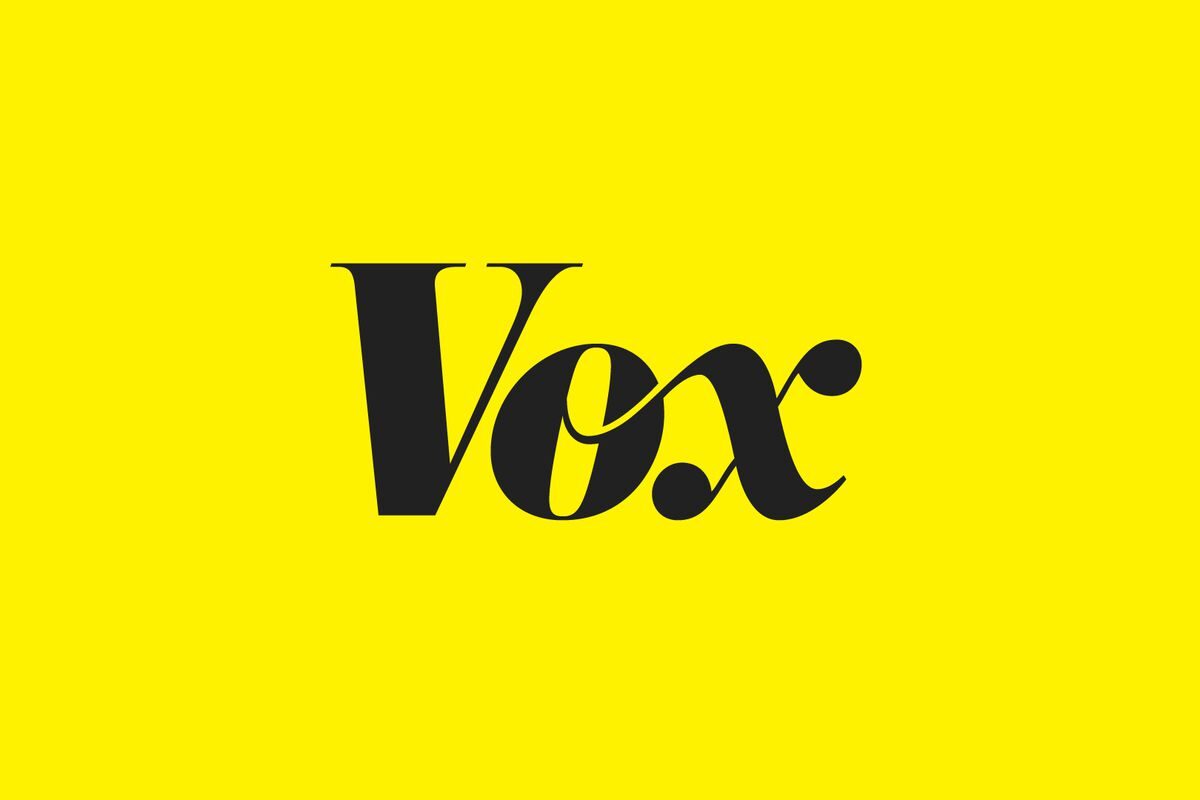Blog September 27, 2021
Public Still at Odds About LGBTQ Issues in Public School

Even as gay and lesbian issues have slipped from national headlines, public attitudes on LGBTQ issues continue to evolve. A recent poll by Gallup finds support for same-sex marriage reaching a record high of 70 percent. But despite rising support, there remains vigorous debate among the public about what, if anything, students in public schools should learn about LGBTQ people and issues.
When it comes to serving as educators, the public is largely comfortable with transgender people working as elementary school teachers. The August 2021 American Perspectives Survey finds that 60 percent of Americans say they would be comfortable with a transgender teacher teaching at an elementary school in the community.
Other polls have shown there is even stronger support for gay and lesbian people teaching in elementary schools. In 2019, a Gallup poll showed overwhelming support for gay and lesbian people being hired as elementary school teachers—81 percent said gay and lesbian people should be hired to teach in elementary schools. Support for hiring gay and lesbian people as teachers has not been controversial for some time; even as far back as 2005, nearly two-thirds (64 percent) of Americans said gay and lesbian people should be hired as elementary school teachers.
But despite feeling comfortable with gay, lesbian, and transgender teachers, Americans are less convinced that LGBTQ identity and experience constitutes an important subject for students to learn about. Only about one-quarter (24 percent) of Americans—including less than half (42 percent) of Democrats and only 7 percent of Republicans—say that LGBTQ identity is a very important or one of the most important subjects for students to learn about in public high schools. Notably, 38 percent of Republicans say this subject should not be taught to high school students at all.
At the same time, most Americans believe that high school social studies and history textbooks should include references to the gay rights movement. Fifty-seven percent of Americans say textbooks should cover this history.
Despite reports of angry parents protesting LGBTQ books in classrooms, a majority (54 percent) of Americans say they are not bothered by the inclusion of gay and lesbian characters and stories in elementary school library books. Still, a sizable number of Americans express reservations. Forty-five percent say this would make them uncomfortable. Parents are even more divided over the issue with equal numbers (50 percent vs. 50 percent) expressing comfort and discomfort. Notably, less than half of fathers (46 percent) say they would feel comfortable with their local library including titles that featured gay and lesbian characters.
Americans express similarly mixed feelings about displaying pro-LGBTQ symbols in schools, such as a pride flag or a rainbow banner. Less than half (47 percent) of Americans would support displaying a pride flag or rainbow banner in public schools. More than half (51 percent) of Americans oppose displaying a pride flag or rainbow banner on school property.
Public opinion appears to be heading towards greater support for gay, lesbian and transgender people, and comfort with students learning about LGBTQ issues and experiences. For instance, a majority (57 percent) of young adults (age 18 to 29) say they would be comfortable with schools hanging pride banners, a feeling shared by only 35 percent of seniors (age 65 or older).








